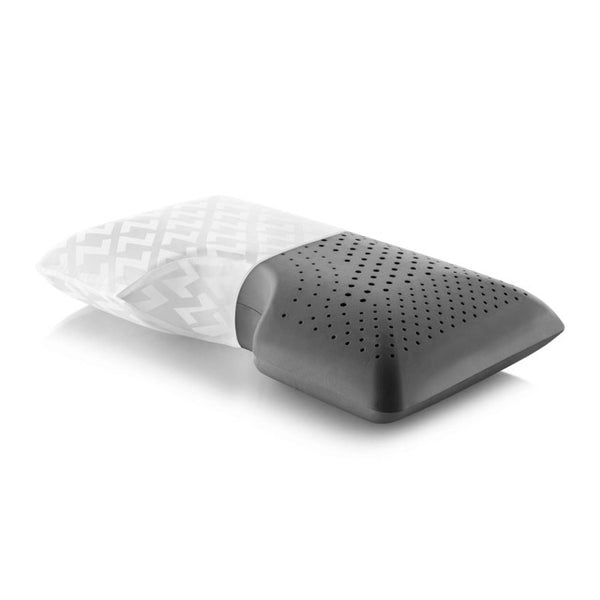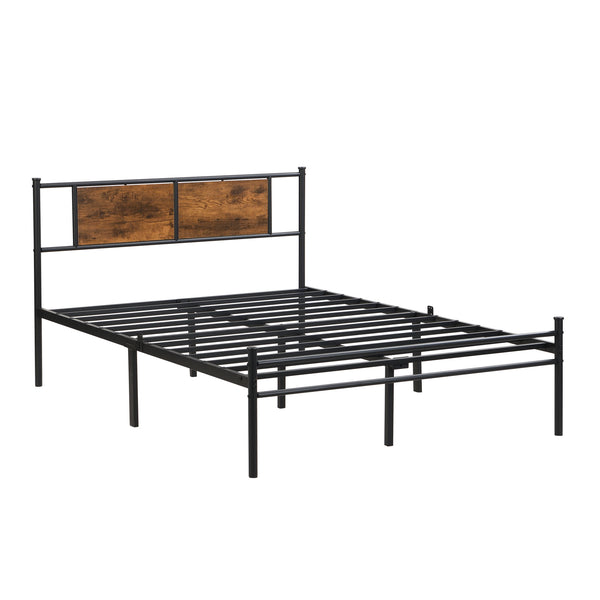
Sleep is essential to leading a healthy life. It can increase productivity, assist with weight management and lower risk for serious medical conditions.
Sleep experts agree that those who make use of their natural circadian rhythms to their advantage tend to enjoy better restful slumber. Here are 10 effective strategies that can help enhance your sleep hygiene so you can achieve restful slumber.
1. Set a Regular Bedtime
Create a sleep routine by going to bed and rising up at the same time each day – even on weekends – which reinforces your body’s sleep-wake cycle and teaches your brain to follow suit. This way you’ll build better sleeping habits for both you and your brain!
Avoid eating large meals within two hours before bedtime and avoid snacking or drinking caffeinated beverages right before sleep. Try blocking out distracting noise with ear plugs or white noise machines, while keeping the temperature of your bedroom comfortable by keeping temperatures cool, using soft blankets, and selecting soothing pillows.
Sleep is essential to our physical and emotional well-being; yet many do not get enough restful slumber. Here are 10 effective strategies that can help improve your sleeping hygiene and help ensure you receive enough restful zzz’s.
2. Limit Screen Time
Technology has become an essential part of modern life, but overuse of electronic devices can impair sleep. Screens such as computers, smartphones, tablets and televisions emit blue light that suppresses the release of melatonin which is essential for healthy sleeping patterns. Furthermore, using screens in the evening may result in overstimulation that makes it harder to fall asleep quickly and stay asleep throughout the night.
Teaching children of all ages the importance of getting enough restful sleep and how to develop healthy sleeping habits, including restricting electronic use at bedtime and creating an atmosphere without blue light is critical for good sleep hygiene. Encouraging parents to abide by these recommendations can further strengthen family sleep hygiene.
3. Create a Relaxing Environment
Sleep hygiene involves creating an optimal sleeping environment. A comfortable environment will help you fall asleep more easily and stay asleep throughout the night.
Make sure your bedroom is clutter-free, and select colors which promote relaxation (blues, greens and grays are best). Warmer hues tend to stimulate the brain. Consider installing a diffuser with soothing aromas like lavender in your room as an additional way of creating an ideal atmosphere.
Eliminate noise by eliminating distractions like TV and using sound-reduction products like ear plugs or white noise machines to minimize outside noises. A quiet environment may help your core body temperature dip at night and rise during the day more quickly, and planning high concentration tasks around its peaks allows you to rest during its lulls.
4. Avoid Stress
Sleep is essential to health and wellbeing, yet many individuals struggle to obtain enough restful slumber. Without enough restful zzzs, this can lead to physical ailments such as obesity or heart disease as well as cause irritability and poor performance at work.
Sleep hygiene involves developing habits and routines to facilitate restful slumber. Good sleep hygiene begins by creating routines and habits which support good restful restful slumber.
Avoiding caffeine later in the day can help enhance sleep quality, while reading a book or sipping a warm glass of herbal tea can also help relax you before bedtime. Avoiding stressful situations and finding ways to cope can also assist sleep, while making sure your bedroom is dark with an appropriate temperature will promote restful slumber.
5. Change Your Diet
Changes to your diet can have a dramatic effect on sleep hygiene. Avoiding caffeine-containing food and beverages late in the day as caffeine acts as a stimulant that keeps you awake. Furthermore, alcohol or heavy meals before bed should also be avoided as these may cause digestive distress and disturb sleep quality.
Instead, try drinking herbal tea or chamomile to aid with insomnia. Both can relax both body and mind before bedtime. Smoking should also be avoided as nicotine causes an irregular heartbeat that could disrupt sleep; and too much food right before bed can lead to acid reflux; instead it’s best to have a light meal or snack beforehand and drink water as this will also be beneficial.
6. Take a Bath
A relaxing bath before bed can help you unwind faster and drift off quickly, while taking a shower won’t have the same soothing effect due to all its standing up and moving around, which may prevent you from truly unwinding and finding restful restful slumber.
Biomedical engineers from the University of Texas at Austin recently conducted research that demonstrated how taking a bath one to two hours prior to sleep could significantly enhance its quality. Their researchers used systematic data analysis techniques to examine studies linking bathing, water temperature, and sleep.
Studies conducted at Cornell University concluded that taking a bath of between 104 to 109 degrees Fahrenheit 90 minutes before bedtime significantly improved sleep quality. This was because taking such a bath helped the body cool down by increasing blood flow to hands and feet, which helped release heat more effectively from within, thus helping set its internal circadian rhythm more easily and promoting drowsiness.
7. Exercise
Exercise has a wide range of positive benefits on our health and wellbeing, such as making us feel more alert during the day, decreasing anxiety and stress levels, and helping improve sleep quality at night.
Studies have shown that regular exercise increases the amount of deep, slow wave sleep necessary for brain function and restoration, and releases endorphins which help relieve stress and anxiety.
Make exercise part of your daily routine, but avoid doing intense activity too close to bedtime. Morning workouts may help stimulate your sleep-wake cycle; avoid intense physical activity at night as it could wake you more frequently than needed. Aim for at least 30 minutes of physical activity daily!
8. Set a Schedule
Sleep can play an invaluable role in improving how we feel throughout our days and making work more manageable, as well as lowering risks like heart disease.
Setting an early bedtime and wake-up time, even on weekends and vacations, will help your body get used to an established sleep pattern and ultimately enhance your quality of restful restful slumber.
Good sleep hygiene habits include turning off screens an hour before bed, eating light meals in the evening, and limiting daytime naps. Caffeine and other stimulants should be avoided close to bedtime for maximum restful rest. As it can be hard to break old habits, take things slow by adding one good sleep hygiene practice at a time until eventually they become part of your normal routine.
9. Create a Routine
Setting up a sleep routine can help improve your quality of rest. Aim to go to bed and wake up at approximately the same time each day, even on weekends; this will allow your body to establish an efficient “sleep drive”. Avoid taking naps during this period as they could disrupt your regular sleeping pattern.
Sleep is essential to our overall health and well-being, yet many sleeping issues stem from bad habits that have developed over time. By following these simple tips, you can modify any harmful practices and enjoy better nights’ rest.
10. Get Out of Bed
Sleeping at the same time each night, even on weekends, helps our internal clock establish an ideal sleep-wake cycle. Eating a light snack before bed – such as nuts or cherries (high in melatonin levels) — with decaffeinated tea or water is also known to aid sleeping better.
Sleep is essential to our overall health and wellbeing. Not only does sleeping soundly feel wonderful, it also strengthens immunity, supports weight control and can reduce risks like heart disease and diabetes. Unfortunately, many of us struggle with poor sleep hygiene – improving it may help people fall asleep faster and stay asleep throughout the night; but improving it alone won’t cure insomnia or other sleep disorders; other treatments will likely be necessary as well.









